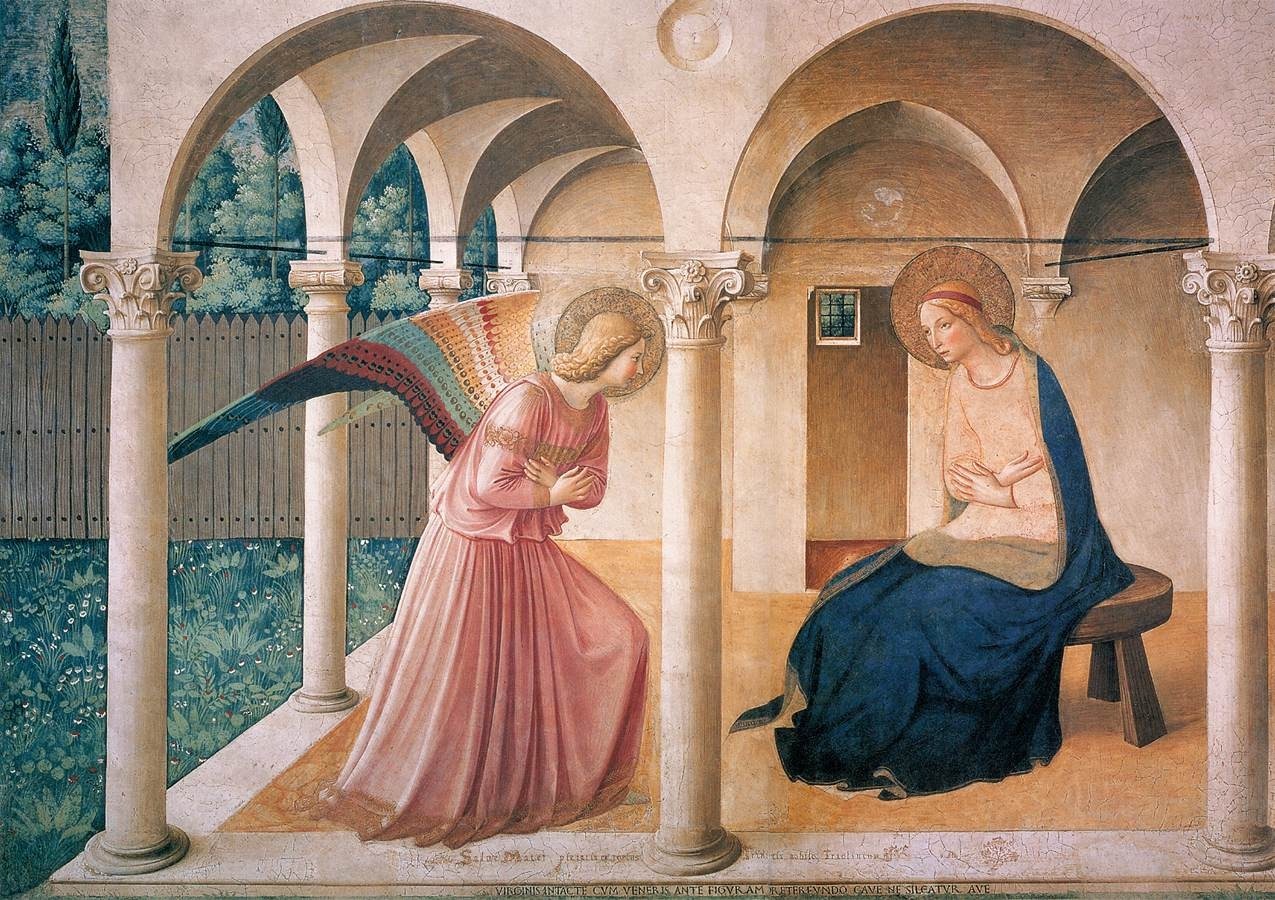
Ivory tower, 17th century: A metaphorical place where people enjoy privileged seclusion
Suella Braverman is one of those politicians who wants to plant phrases in our minds. Not content with “tofu-eating wokerati”, at the recent Conservative Party conference she spoke of “rich zealots”, revived the antique term “scolded”, and topped it all off with an old favourite for anyone attempting to insinuate that it is others (and not they) who are detached from the world: “ivory towers”. Braverman’s towers are inhabited by the “luxury beliefs brigade” – the wealthy, or members of the elite, who can “afford” to hold certain beliefs about the climate crisis, for example, or immigration.
The idea of a tower of ivory became popular thanks to the King James Bible (1611) where we hear in the Song of Solomon that “thy neck is as a tower of ivory”, though the phrase had circulated for several centuries, as an epithet signifying Mary’s purity. The first usage in line with Braverman’s came in 1837, when the French literary critic Charles Sainte-Beuve, contrasted the dreamy mentality of the writer Alfred de Vigny with the more socially engaged Victor Hugo. Vigny, he said, was en sa tour d’ivoire (in his ivory tower). This reminds us that “ivory” was a Norman French word derived from Latin.
From there, we must leap to 1911 and a translation of the French philosopher Henri Bergson. Soon after this, the novelist Henry James was going to entitle a whole novel “The Ivory Tower”, an attack on the wealth and corruption of Gilded Age America, but it was unfinished at his death. From then on, the modernists and their critics – people such as Hart Crane, Ezra Pound and H.G. Wells – started passing the phrase around. By the time we get to Mary McCarthy and her novel The Group (1963) she tells us, “We called you the Ivory Tower group. Aloof from the battle . . .”
This litany of intellectuals might suggest that it is people occupying the ivory tower who have most enjoyed using the phrase, though we’ll have to wait and see whether Suella Braverman will go down in history as an intellectual.
This article is from New Humanist's winter 2023 issue. Subscribe now.

